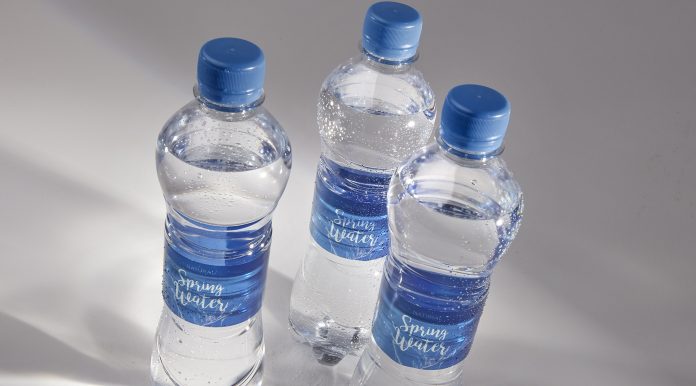Clariant is set to launch a new titanium-based catalyst solutions for polyester polymerisation in 2026.
A spokesman says the technology “offers a more sustainable and high-performance alternative to traditional antimony-based catalysts, addressing both environmental concerns and supply chain challenges, and simplifying PET recycling to support circularity in the polyester industry.”
While the initial focus is on PET due to its large global market, Clariant’s titanium-based catalyst solutions are designed to work across the entire polyester family, including PETG, PCT, PBT, PTT, PBAT, TPEE, and even emerging polyesters like PEF, by acting as an effective transesterification/polycondensation catalyst.
The titanium-based catalyst technology “represents a significant advancement in polyester production, enabling superior performance while being safer for people and the environment through lower environmental mobility and toxicity, and reduced risk of bioaccumulation.”
“Our AddWorks titanium-based catalyst technology marks an important shift in polyester manufacturing,” said Mariano Suarez, Head of Marketing Additives at Clariant.
“By enabling lower processing temperatures and eliminating heavy metals from the production process, we are helping our customers achieve their sustainability goals while simultaneously improving their operational efficiency and product quality.”
The innovation comes at a critical time for the polyester industry, which faces growing uncertainty following China’s implementation of antimony export controls effective since 2024.
As China represents a major global supplier of antimony – a key component in traditional polyester catalysts – these restrictions have created significant supply chain challenges for manufacturers worldwide.
“We developed this technology with a dual focus on sustainability amd performance,” added Emilie Meddah, of Clariant.
“Our customers are increasingly facing pressure from regulators and consumers to reduce environmental impact without compromising product quality.
“The solution can be regarded as particularly valuable for polyester resin manufacturers, fiber producers, PET recyclers, and technology licensors seeking to differentiate their offerings in an increasingly sustainability-conscious market.”










